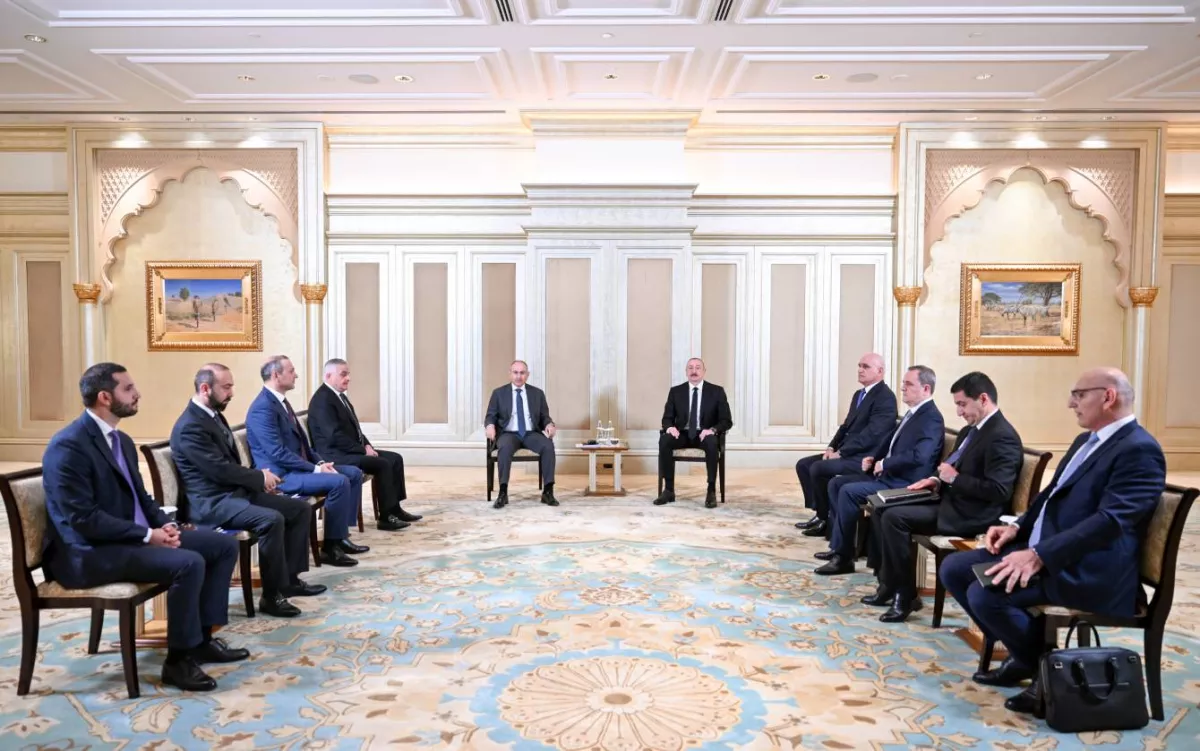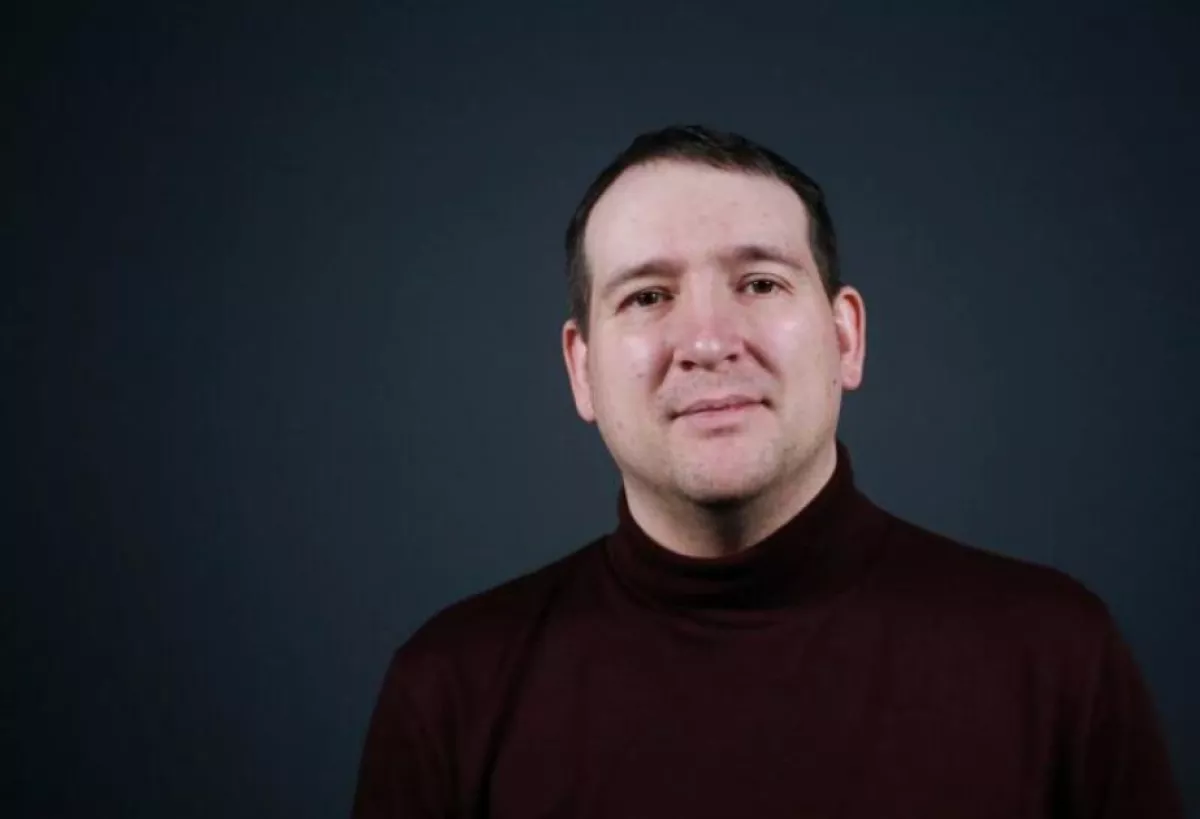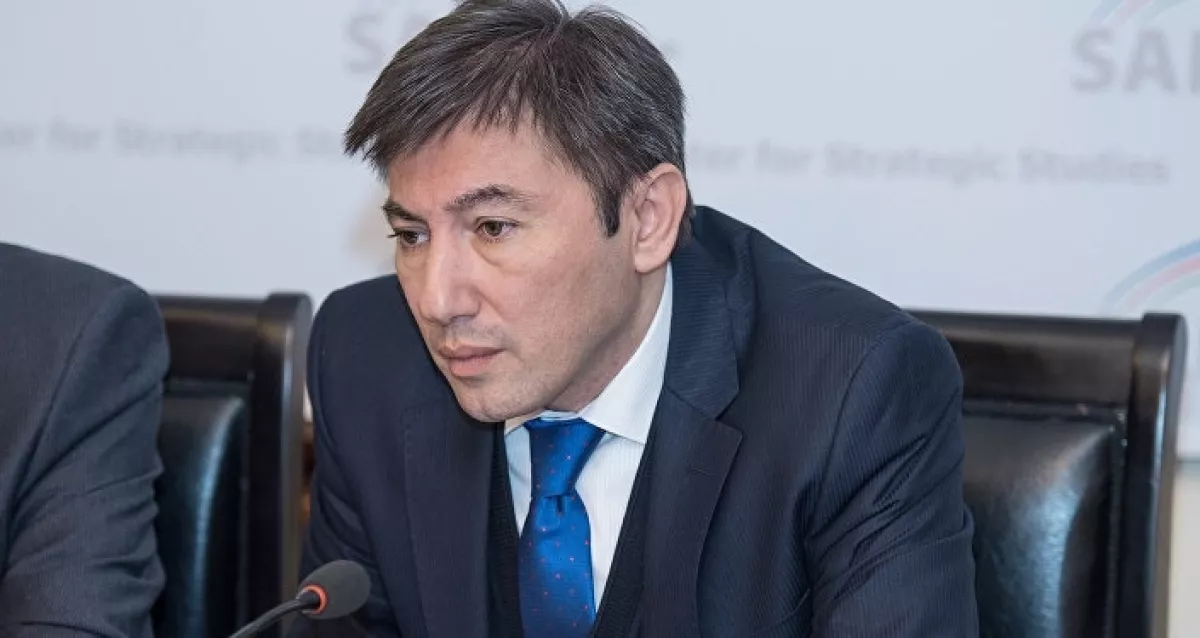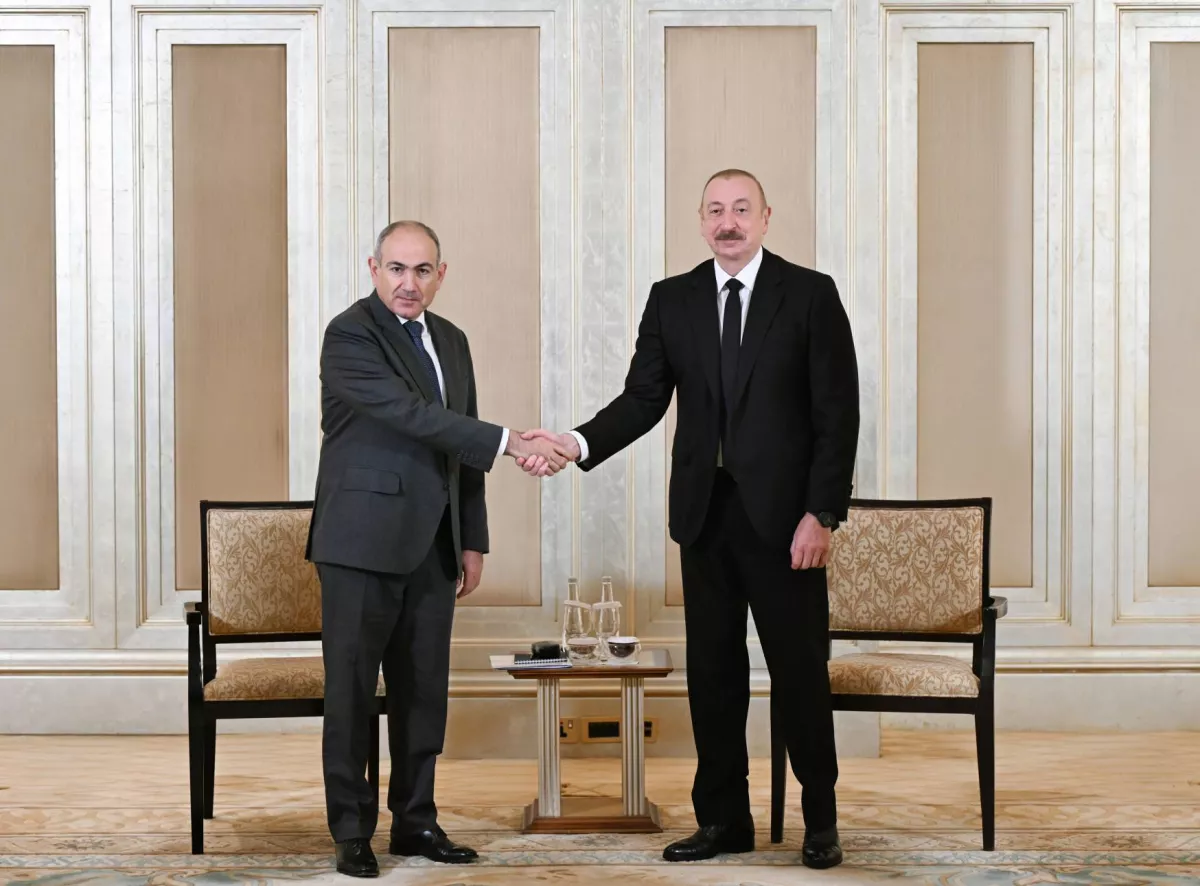Negotiations in Abu Dhabi: No intermediaries, focused and concrete Experts weigh in on Azerbaijan-Armenia peace talks
The leaders of Azerbaijan and Armenia, Ilham Aliyev and Nikol Pashinyan, held thorough negotiations in Abu Dhabi, during which they discussed key aspects of normalising bilateral relations, according to the Ministry of Foreign Affairs of Azerbaijan. The talks marked an important step in developing direct dialogue between the two countries — without external intermediaries, on neutral ground.

According to the official statement, the meeting concluded with three main agreements:
Firstly, the parties “confirmed that bilateral negotiations represent the most efficient format to address all issues concerning the normalization process, and on this basis, it was agreed to continue such result-oriented dialogue.”
Secondly, “taking stock of the progress made with respect to border delimitation process, instructed the respective state commissions to continue practical work in this regard.”
Thirdly, “the sides also agreed to continue bilateral negotiations and confidence-building measures between the two countries.”
How can the results of this meeting be interpreted? Does this mean that the path toward a peaceful agreement between Baku and Yerevan has become clearer and more sustainable?
Caliber.Az sought insights from leading experts on this matter.

Russian political analyst Mikhail Neyzhmakov believes that it is objectively beneficial for both Baku and Nikol Pashinyan’s government to reach a peace agreement before the beginning of 2026. The closer the active phase of the parliamentary campaign in Armenia approaches, the higher the potential level of protest mobilisation by the opposition, for whom such an agreement would become a target for criticism.
“The Armenian Prime Minister has likely also taken into account that the opposition’s attention is currently focused on internal issues, including the high-profile arrests of several prominent protest figures. At the same time, the level of street activity remains limited for now.
Against this background, it is quite logical that public negotiations have intensified precisely in July 2025 — there is time before the pre-election turbulence to agree on all the ‘thorny’ points of the document. The length of the meeting in Abu Dhabi (about five hours) may indicate that the discussion has moved on to the most difficult points of the future agreement.
Most likely, the talks concerned the issues of unblocking communications and possible amendments to the Armenian Constitution. On the topic of transport corridors, some progress may have been made, albeit not yet in the form of concrete steps, but at least in the form of a more detailed ‘roadmap’ for their implementation.
An indirect sign of such progress could be the statement by Armenia’s Deputy Foreign Minister Mnatsakan Safaryan, who allowed for the possibility of transferring part of the tasks related to unblocking communications to an international company — naturally ‘within the framework of Armenia’s sovereignty, jurisdiction, and territorial integrity,’” the political analyst noted.
Regarding possible amendments to the Armenian Constitution, it appears that Yerevan hopes to initiate this process only after the 2026 parliamentary elections, he added.
According to Neyzhmakov, if no external destabilising factors intervene, the negotiation process—both public and behind the scenes—can be expected to continue through July–August 2025. With favourable developments, the parties could at least reach interim agreements by the time of the UN General Assembly session in September, where a new meeting between Aliyev and Pashinyan might take place.
“However, progress could be disrupted if a large-scale protest wave begins in Armenia. It is too early to say for certain, but this scenario cannot be ruled out, especially if the protests gain emotional momentum—for example, in the case of violent clashes with the police and casualties among the youth,” the expert warned.

In turn, international affairs expert and head of the political scientists’ club "South Caucasus," Ilgar Velizade, stated that a full assessment of the effectiveness of the recent negotiations will require time.
“As experience from previous years shows, agreements reached are confirmed not by statements but by real actions. In other words, only practical implementation can demonstrate their effectiveness — this is a kind of axiom.
Nevertheless, the very fact that this meeting took place carries significant weight. Firstly, for the first time, a dialogue of this level is being held within a single geographic region — Southwest Asia. Azerbaijan, Armenia, and the host country — the UAE — all geographically belong to this region. Secondly, the negotiations are conducted without external intermediaries or co-sponsors. The parties demonstrate determination to reach agreements independently and do not align themselves with the interests of third states.
Abu Dhabi has already established itself as a convenient and neutral venue for complex negotiations. At the same time, the Emirates do not play an active role in the process, do not impose an agenda, and do not interfere in the dialogue’s content — they simply provide a comfortable atmosphere. This allows the participants to focus solely on their own interests,” the expert emphasised.
He also reminded that nobody expected the signing of final documents or breakthrough decisions at this meeting. The main focus was on discussing key directions — concluding a peace agreement, delimitation and demarcation of the border, and unblocking communications. The leaders instructed their teams to work out the details and bring the initiated negotiation tracks to their final form.
“It is telling that the continuation of meetings has been announced both at the level of working groups and at the highest level. This demonstrates the seriousness of the parties’ intentions to intensify the process, as well as their desire to keep it under personal control.

Regarding measures to build trust — in the past, we have seen how loud declarations have shattered against harsh realities. However, the situation now is different. Destructive forces attempting to sabotage the dialogue are no longer as influential in Armenia. Pashinyan is actively neutralising revanchist groups, implementing political reforms, thereby reducing risks to the peace process. The reduction of hostile rhetoric is possible only if the conditions are right, and if there is no one to stir up discord, the need for aggression disappears.
There is hope that the transformations in Armenian society will be brought to a logical conclusion. Those responsible for the 30-year tragedy will face deserved punishment. These are the revanchist and nationalist forces who propagated war. Under the new circumstances, a foundation may emerge for trust and constructive dialogue between the two societies.
Without this, it is difficult to speak of lasting and sustainable peace.
It must be remembered: the war and conflict did not start by themselves — they were provoked by specific individuals who today destabilise the situation with revanchist statements. These individuals must be held accountable and removed from political influence.
The further development of the dialogue will depend on the steps Pashinyan takes. If Azerbaijani society sees that those responsible for the sufferings of both countries are punished according to Armenian law, this will send a convincing signal of renewal. And that means the path will open for serious and well-founded agreements on all key issues,” Velizade concluded.








